It’s tough to imagine going to a professional sporting event and not having access to beer. The two just go hand in hand. Fans often pregame with all forms of booze at restaurants, neighborhood watering holes, and stadium parking lots before game time. They try to get sauced up as much as possible considering the gouging they take on stadium beers. Everyone complains about the high price of alcohol at games, but nobody’s too upset about it. That’s just the way it is. We pay a tax, if you will, to drink beer and watch the sporting elite wow the masses in the flesh. Everyone is just thankful, after all, that they get to keep drinking throughout this spectacle.
Many sports fans, however, have gone sober. In fact, more Americans in general, especially the younger generations, are steadily losing interest in alcohol. Now, don’t start singing hail praises over the salvation of the great American liver just yet. It’s not like the entire nation has gone on the wagon and are suddenly living on the “straight and narrow.” Not even close. A hefty 60% of the country still enjoys a cocktail, some regularly and some socially. But that’s down from 65% in 2019. It’s a gradual decline, but a decline, nonetheless. Stadiums are fully aware that alcohol is becoming less important to their customers. In response, many have started stocking a variety of non-alcoholic beers and mocktails. The idea is that it’s better to sell the ticket holder a non-alcoholic brew than no brew at all.
But what about those who prefer weed? “I’ve never been a big drinker, I’m definitely more of a smoker, so I have to smoke in the parking lot before we go into the games” Jay, a 34-year-old Lakers fan, told The Bluntness. “Everyone’s drinking there. I feel like I’m missing out on something. I would definitely buy cannabis-infused drinks at the games if they sold them. A lot of people would.”
A slew of states with professional sports teams have legalized cannabis in recent years, yet pro sports hasn’t yet embraced it, though they have continued to reduce restrictions and punishments. For example:
- NBA: Marijuana remains prohibited, but the relaxed testing protocol brings the league more in line with its Big Four counterparts.
- NHL: The NHL tests for cannabis, but there's no punishment for positives. If a player has "abnormally high levels" of THC, it's treated as a health matter (like alcoholism would be).
- MLB: In 2019, MLB removed marijuana from its list of banned substances and now treats it the same as alcohol. Players do, however, remain subject to discipline for using or possessing the drug.
- NFL: The new CBA reduced the testing window from four months to just two weeks of training camp, so players could use marijuana in the offseason without fear of punishment. The threshold for a positive test was also raised, and suspensions were replaced by fines.
A few years ago, I talked to former NBA player Al Harrington about whether cannabis and pro sports would ever collide. The 16-season veteran played for my home team, the Indiana Pacers for a collective of seven years, and he did it under the coaching guidance of the legendary Larry Bird. He has since moved on to run a successful cannabis company called Viola. At the time, Harrington couldn’t conceive a scenario where the NBA would ever allow cannabis into its stadiums, mostly because of the strict no-smoking policy. “I don’t think that will ever happen,” he told me.
As much as that might make some of you cringe, Harrington’s right. We’ll probably never see the day when professional sports leagues allow stoners to spark up a joint or use a vape in the arena. Smoking (tobacco), especially within the context of public settings, has already been banned in most places. Most bars and restaurants don’t allow smoking anymore, and neither do stadiums hosting games, pro or otherwise. But don’t count cannabis out. The presence of cannabis-infused beverages could be a different story. As I pointed out in a recent column, THC-infused beverages may be what brings the cannabis culture further into the realm of social acceptance. Industry leaders agree, yet most contend that it’s going to take an act of Congress before weed scores a homerun like this.
"It will likely take federal legalization for insurance companies to consider underwriting coverage for it,” Kenny Morrison, founder of the cannabis beverage company CQ. “It’s possible that hemp derived items which are already federally legal via the farm bill could be covered prior to federal legalization, but what are the odds, Mr. Actuary? I heard back in the day they wouldn't give straws out at LA Raider games because fans were using them as a weapon. Eye pokes maybe? Permissive cannabis use would chill everyone out, it would definitely mellow the abundance of testosterone."
Although cannabis beverages aren’t a huge part of the U.S. market right now – they make up roughly 1 percent – that could change in the future as legalization takes hold in more parts of the country. In Canada, for example, where weed is legal nationwide, there’s been a 300% increase in cannabis beverage brands over the past year. The beverage sector in the northern nation remains small, however – roughly 3% -- but the savage increase in brands suggests the industry expects an uptick.
At the very least, the market anticipates this sector rising in popularity in coming years, despite a lot of beverage manufacturers like Constellation Brands pulling out of their cannabis ventures for the moment until the U.S. gets serious about legalization. It’s not going to happen tomorrow, but I predict, just as Morrison suggested, that weed drinks will find their way into arenas once the federal government decides it’s ready to play ball.
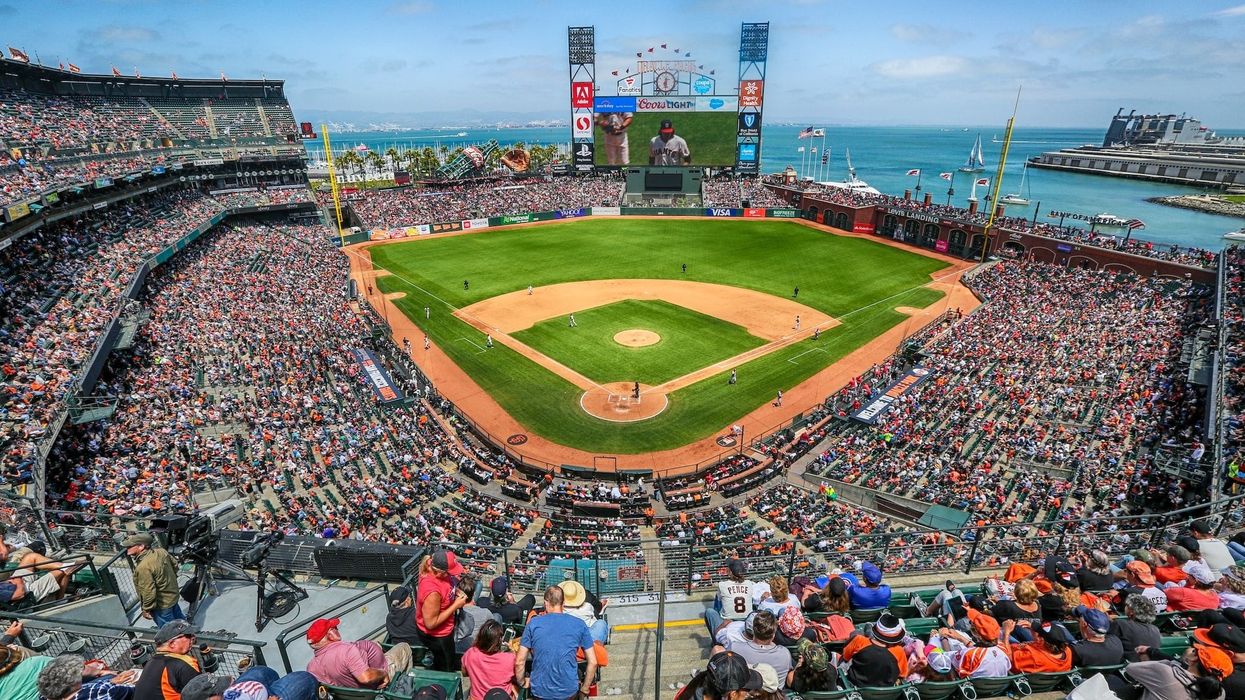

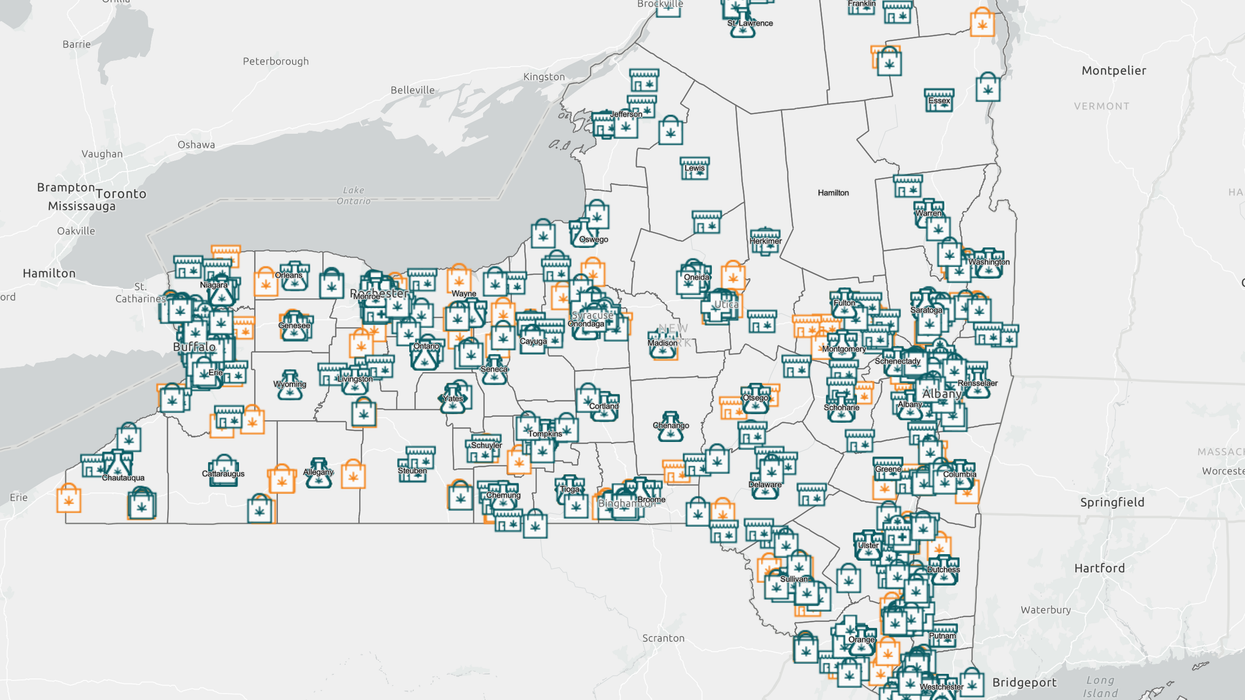
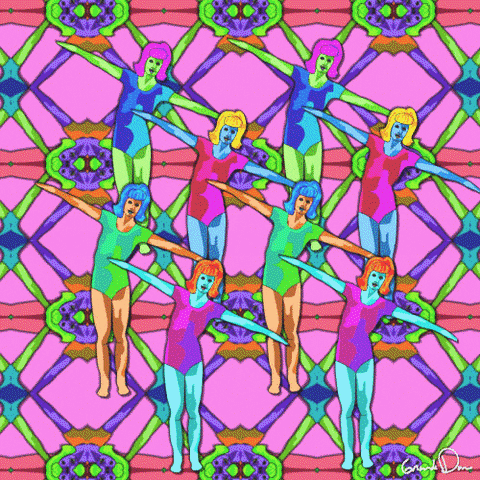
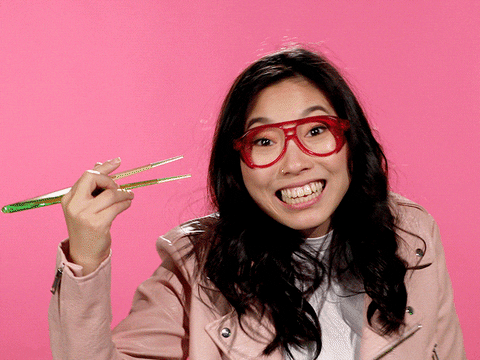
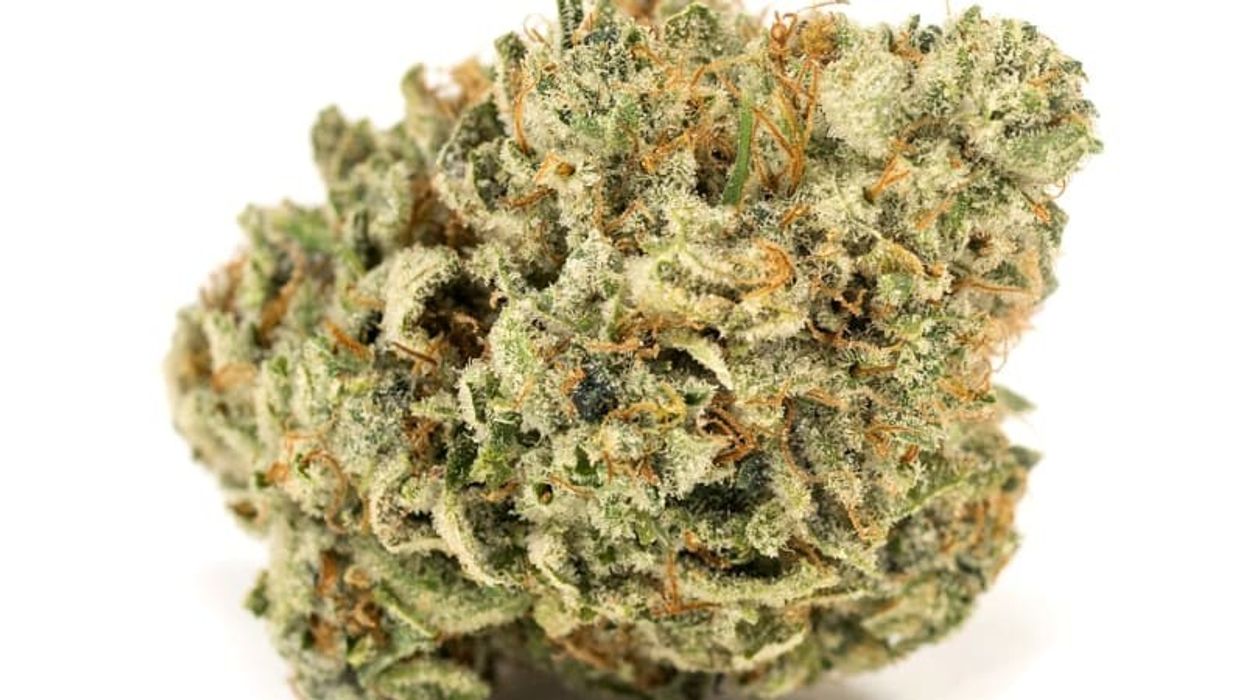
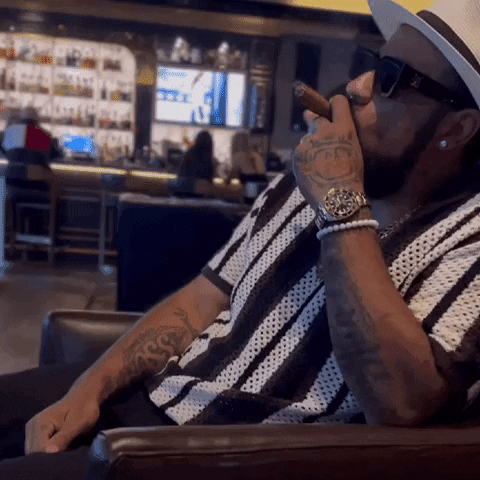
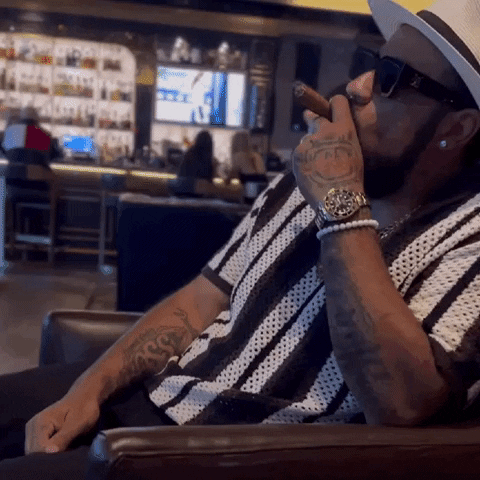 Cigar smoking in a bar....
Cigar smoking in a bar.... 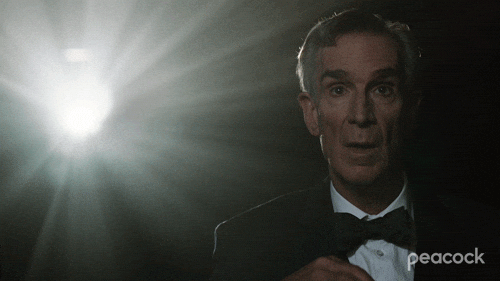 Movie theater as consumption space? Not a bad idea.....
Movie theater as consumption space? Not a bad idea..... 



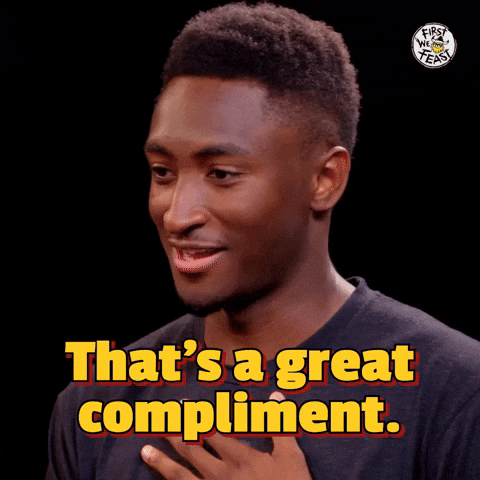
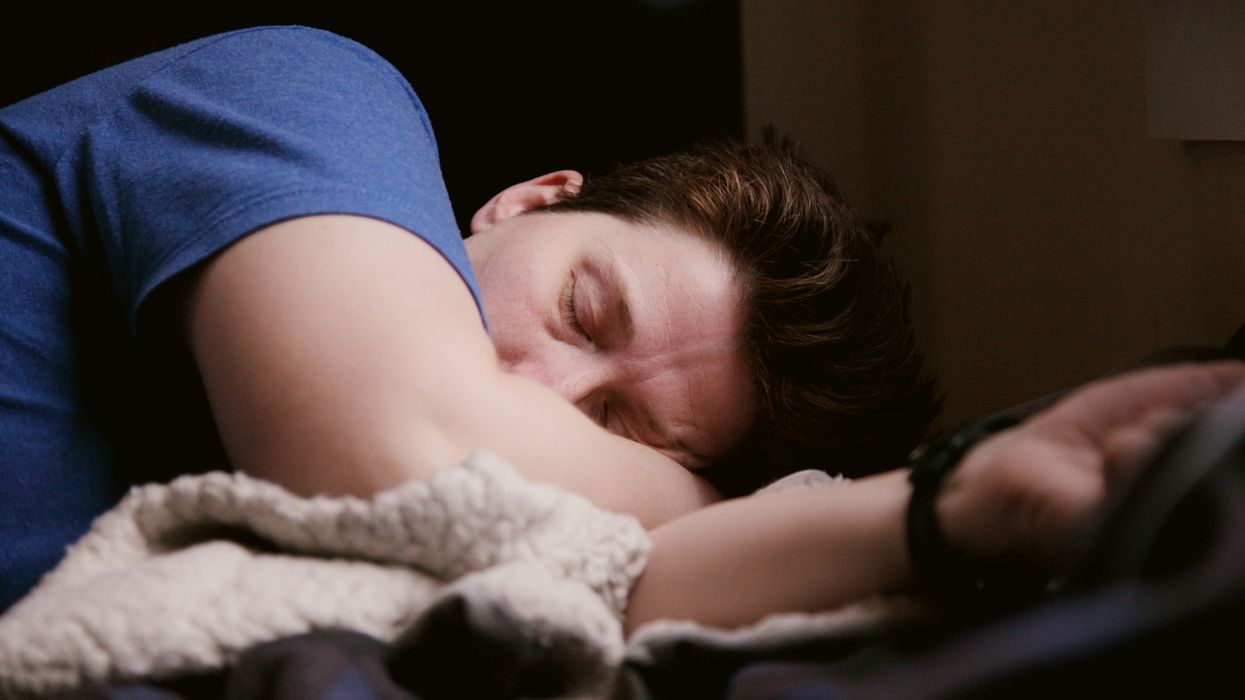
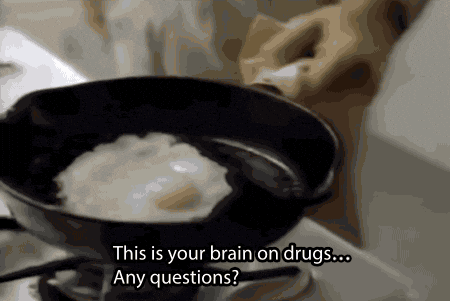
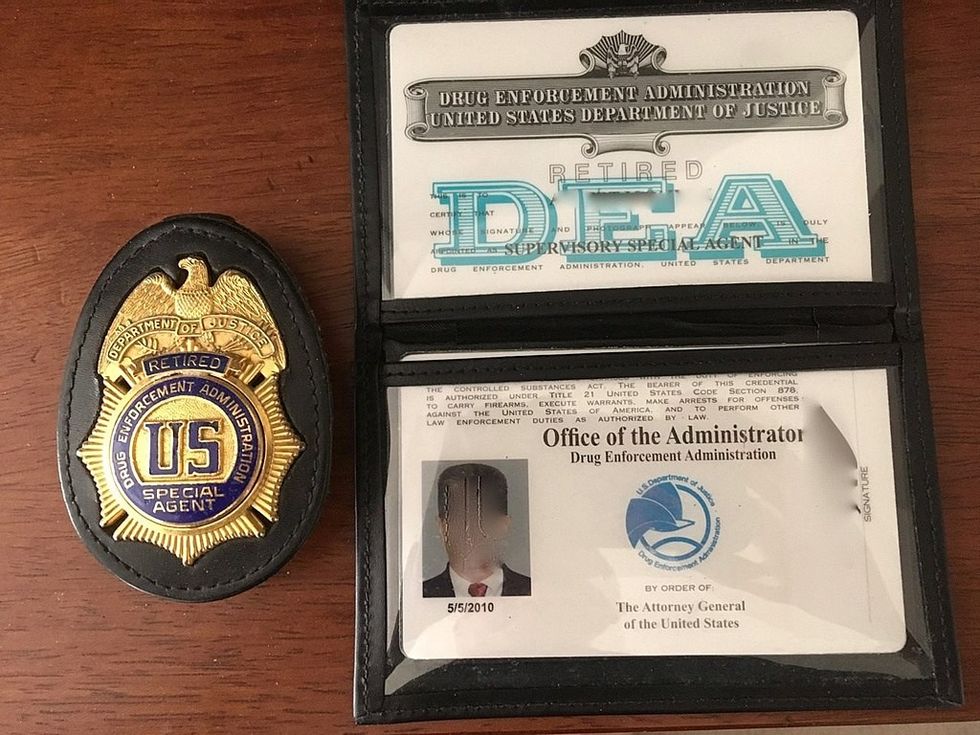 DEA prohibited from randomly searching passengers at airports and other transport hubs - The Bluntness
commons.wikimedia.org
DEA prohibited from randomly searching passengers at airports and other transport hubs - The Bluntness
commons.wikimedia.org

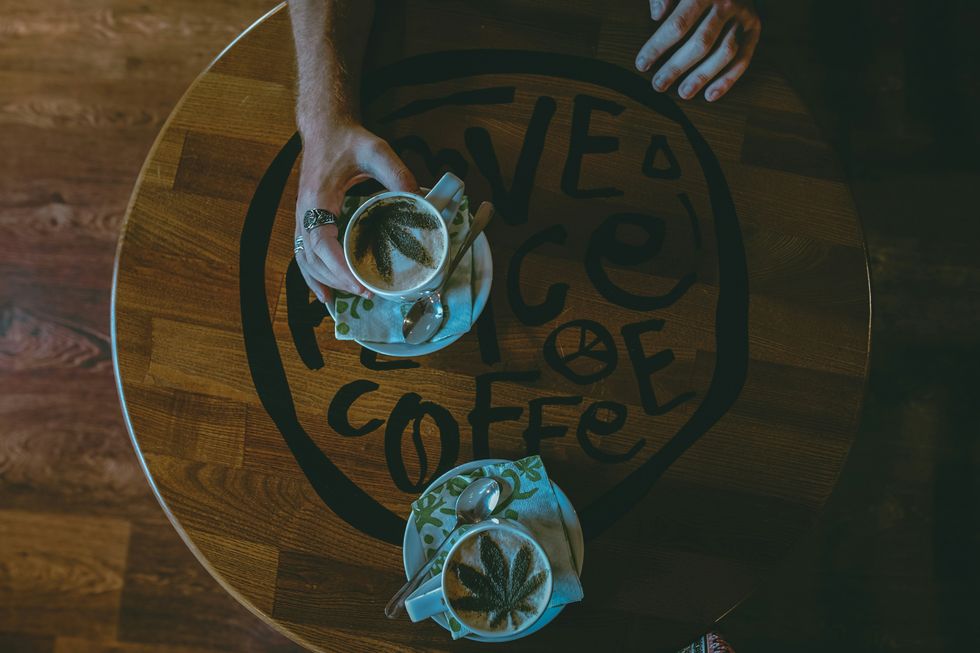 Coffee & Weed: A Modern Spin on the Hippie Speedball - The Bluntness
Photo by
Coffee & Weed: A Modern Spin on the Hippie Speedball - The Bluntness
Photo by 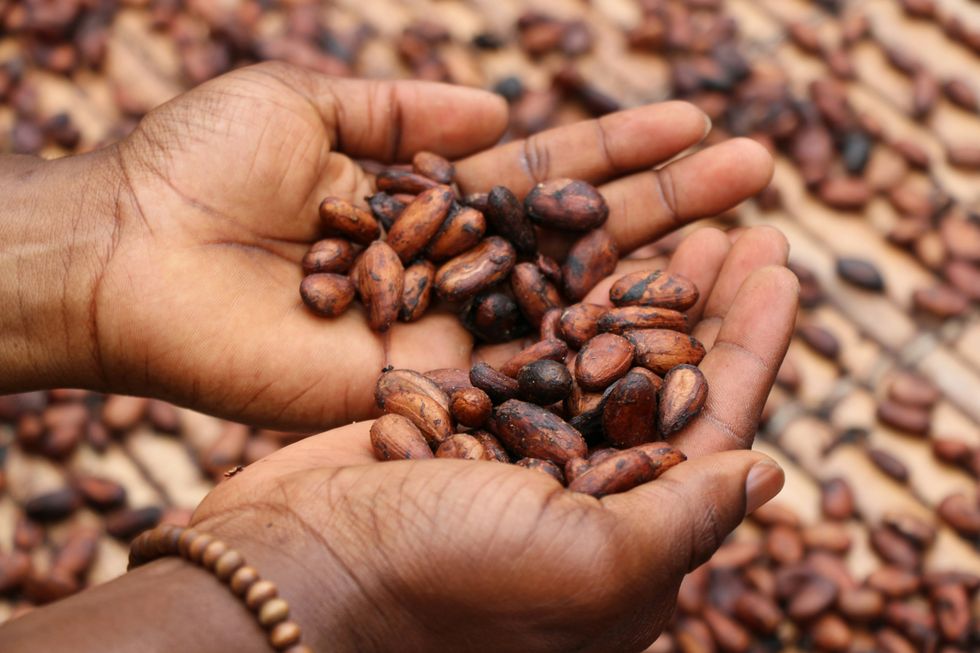 Coffee & Weed: A Modern Spin on the Hippie Speedball - The Bluntness
Photo by
Coffee & Weed: A Modern Spin on the Hippie Speedball - The Bluntness
Photo by 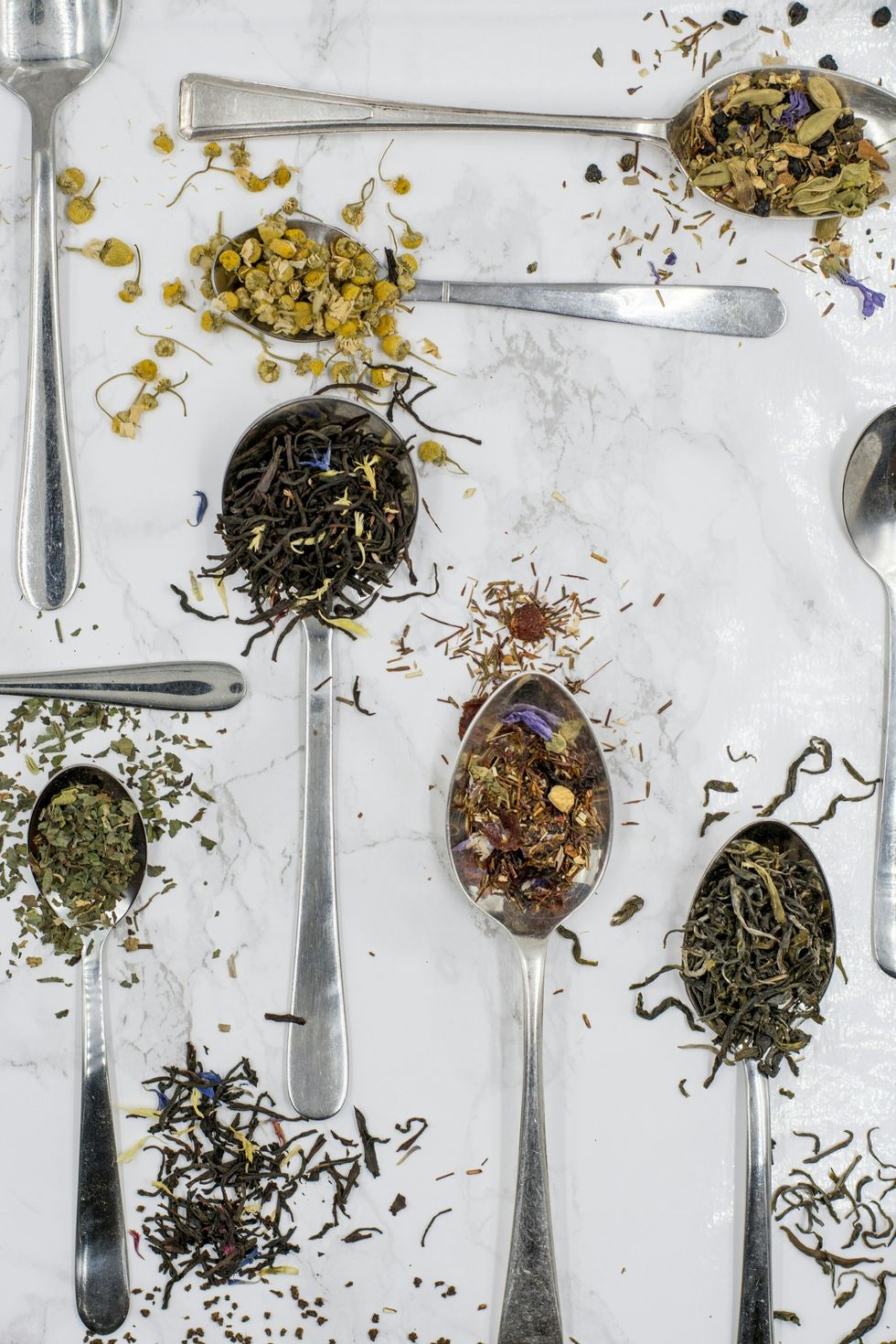 Coffee & Weed: A Modern Spin on the Hippie Speedball - The Bluntness
Photo by
Coffee & Weed: A Modern Spin on the Hippie Speedball - The Bluntness
Photo by 
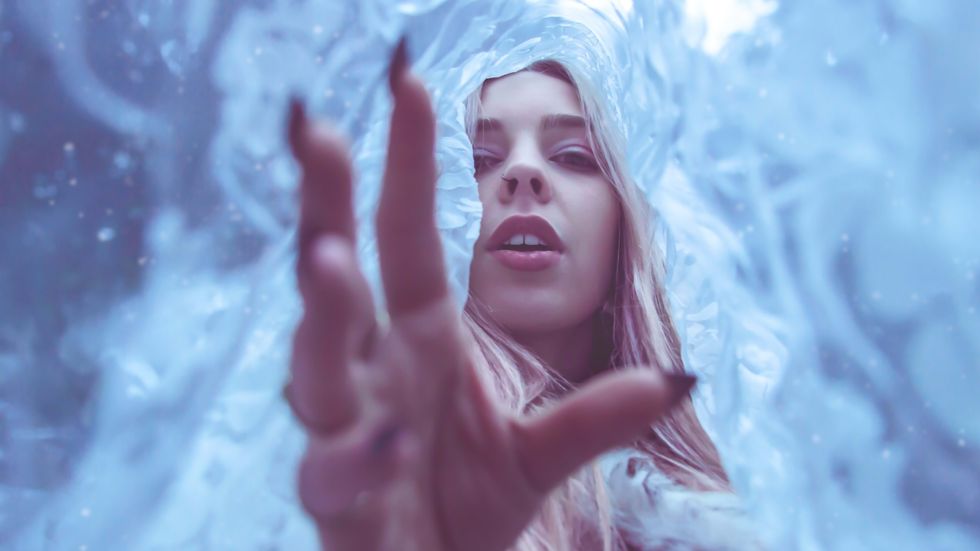 What Are Psychedelics?
What Are Psychedelics?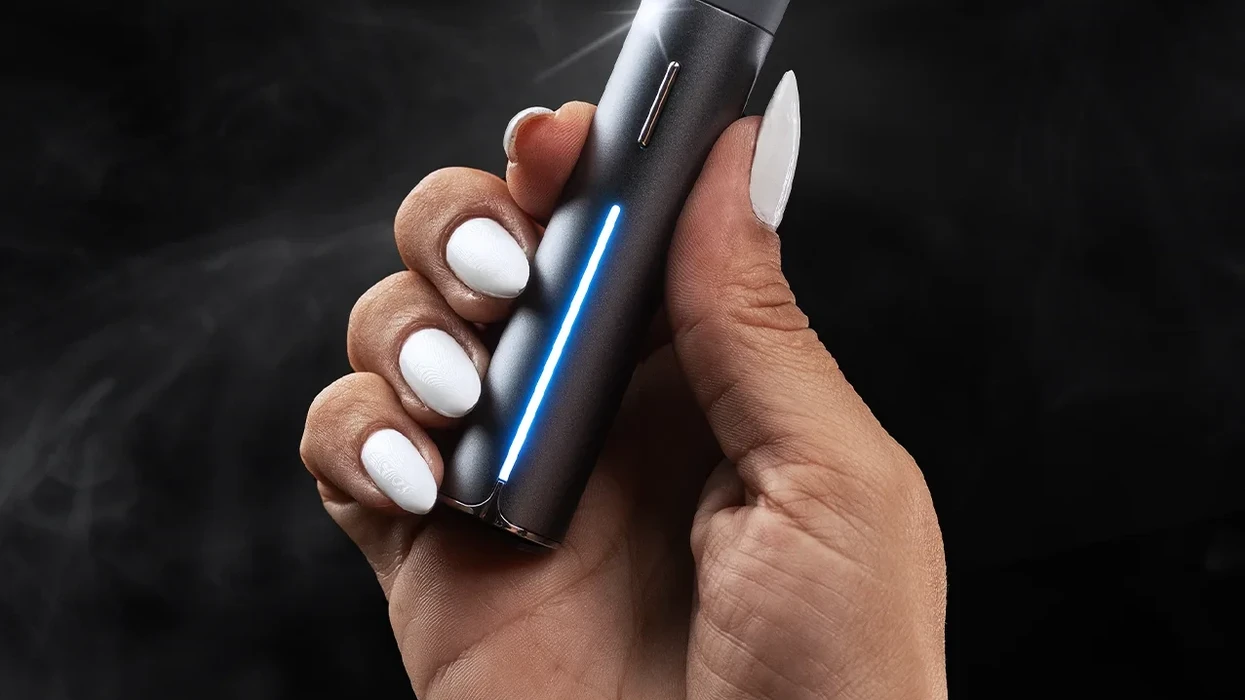
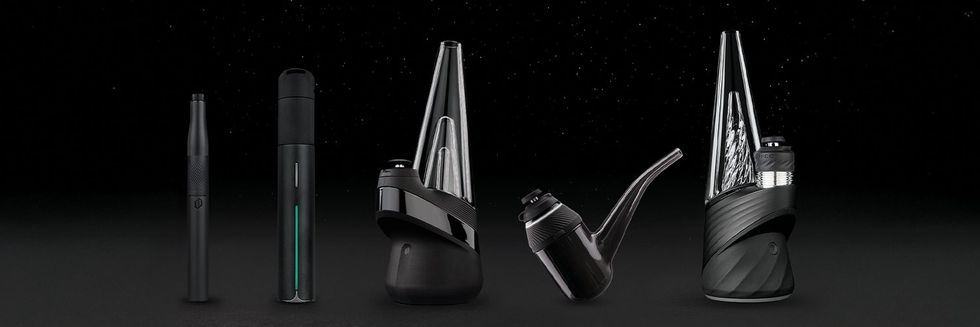 Puffco Pivot Review: The Ultimate Portable Concentrate Vaporizer - The Bluntness
Puffco Pivot Review: The Ultimate Portable Concentrate Vaporizer - The Bluntness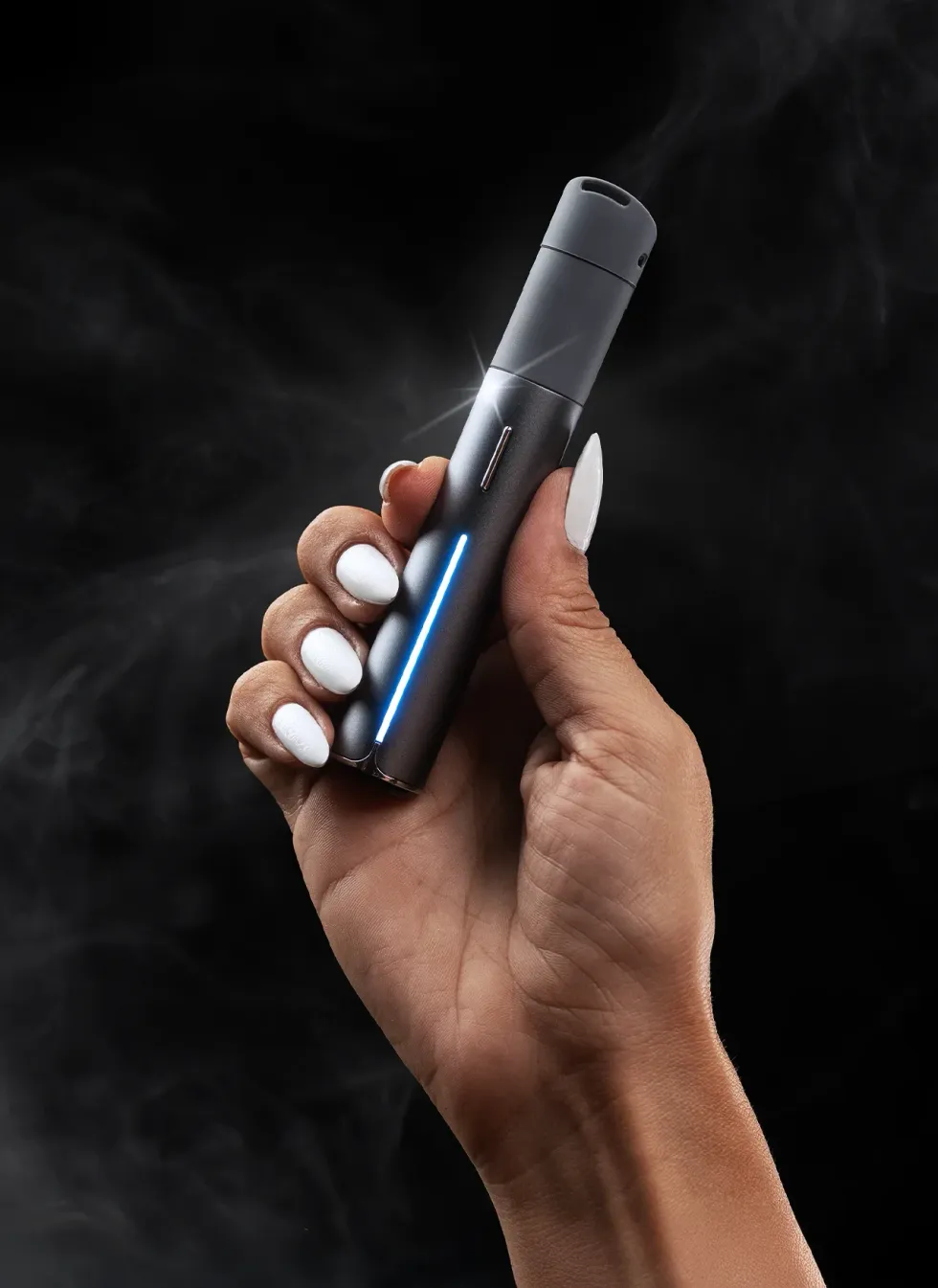 Puffco Pivot Review: The Ultimate Portable Concentrate Vaporizer - The Bluntness
Puffco Pivot Review: The Ultimate Portable Concentrate Vaporizer - The Bluntness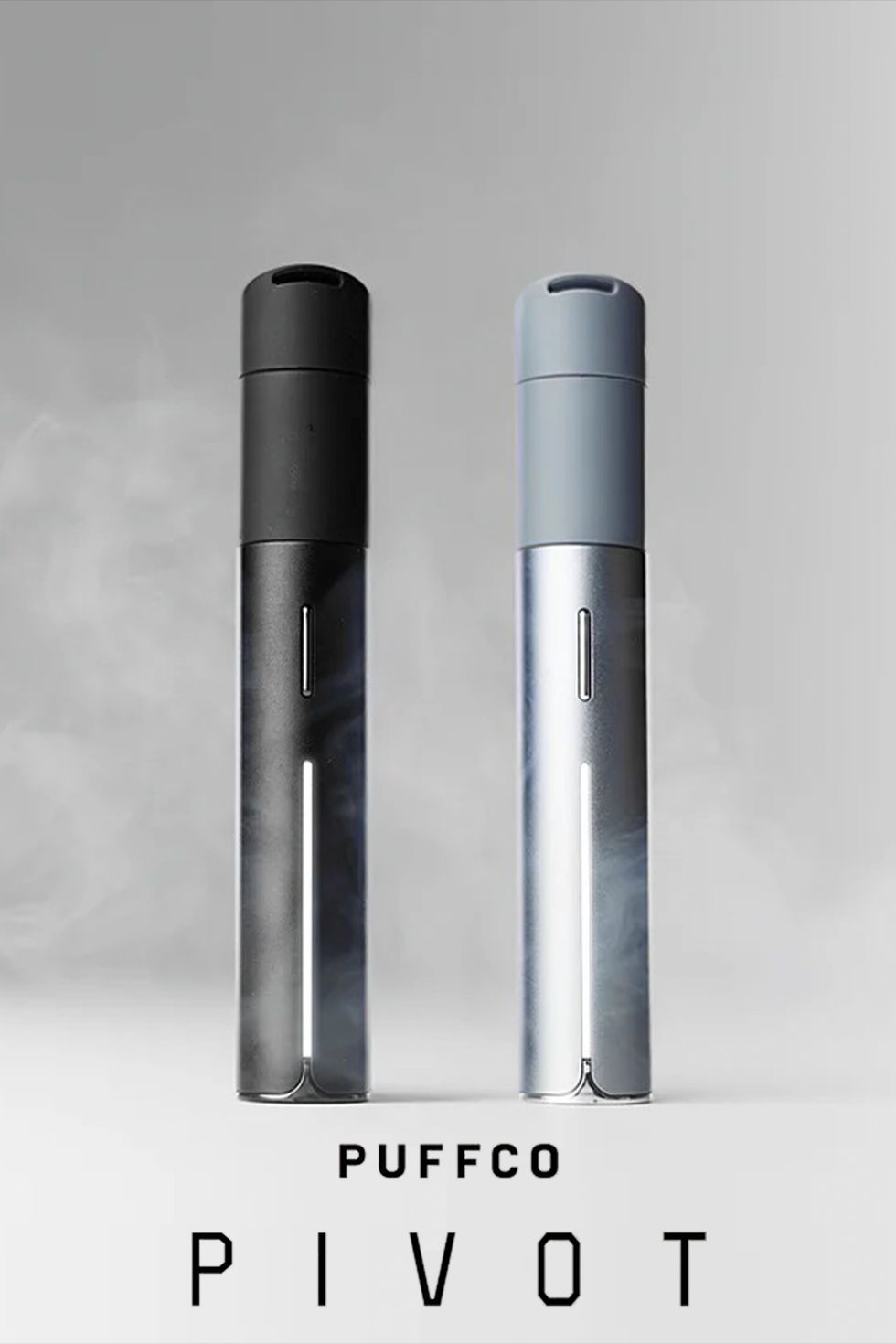 Puffco Pivot Review: The Ultimate Portable Concentrate Vaporizer - The Bluntness
Puffco Pivot Review: The Ultimate Portable Concentrate Vaporizer - The Bluntness